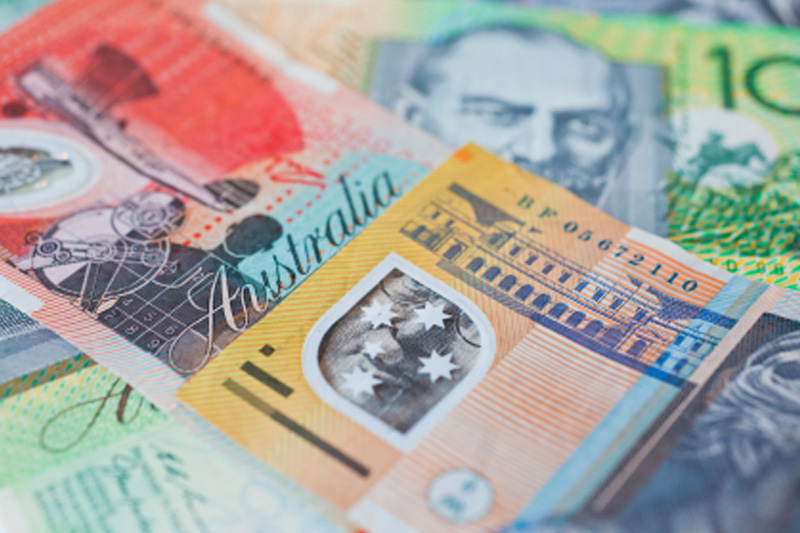Investing.com - The Australian dolalr weakened sharply afdter mixed data and comemnts from central bank Governor Glenn Stevens that record low interest rates have not full flowed through the economy as the exchange rate remained high.
Stevens also said that the use of macro-prudential tools to control house prices is a possibility.
In a speech in Hobart, Stevens said, "In either nominal or real terms, the cash rate is well below 'normal' levels, and comfortably below even the mooted lower 'new normal' levels."
"Moreover, we still have ammunition on interest rates - we have not got close to the zero lower bound that has afflicted some other countries," he added.
But he said the exchnage rate remains high by hostorical standards and has affected the economy.
"The full effects of the very accommodative stance of policy have not been seen at this stage. It will be supporting demand for some time yet," Stevens said.
AUD/USD traded at 0.9378, down 0.69%, after th remarks and data. USD/JPY traded at 101.87, up 0.09%.
Australia's June AI Group services index fell 2.3 points to 47.6, disappointing hopes for it to move into expansion from the 49.9 level in May.
Also in Australia May retail trade fell 0.5%, well below a 0.3% gain expected month-on-month, and building approvals jumped 9.9%, well above the a 3.0% increase expected month-on-month.
In China, the June CFLP service PMI fell to 55 from 55.5, while the June HSBC service PMI rose to 53.1 from 50.7.
Overnight, the dollar traded largely higher against most major currencies after a private-sector jobs report came in much stronger than anticipated, boosting hopes official data will do likewise on Thursday.
Payroll processor ADP reported earlier in its nonfarm payrolls report showed that the U.S private sector added 281,000 jobs last month, beating expectations for an increase of 200,000 and the highest since November 2012.
The upbeat data eased concerns that headwinds may be slowing U.S. recovery.
A separate report showed that U.S. factory orders fell by a larger than forecast 0.5% in May.
Elsewhere, Federal Reserve Chair Janet Yellen said earlier that the appetite for risk appears to be on the rise though the country's top economist sees no need to immediately alter today's accommodative U.S. monetary policy.
Corporate bond spreads have been falling as have volatility indicators such as the Volatility S&P 500, which may indicate investors are taking on risks despite the possibility of facing losses for which they might not be fully prepared, Yellen said in a speech at the International Monetary Fund.
Still, policy will remain accommodative, as Fed policies aren't a panacea to deal with financial risks.
The dollar, however, firmed anyway on sentiments that rates are set to rise next year regardless.
The US Dollar Index, which tracks the performance of the greenback versus a basket of six other major currencies, rose 0.05% at 80.01.
On Thursday, the Institute for Supply Management will publish its report on U.S. service-sector activity on top of the widely-watched U.S. jobs report.
